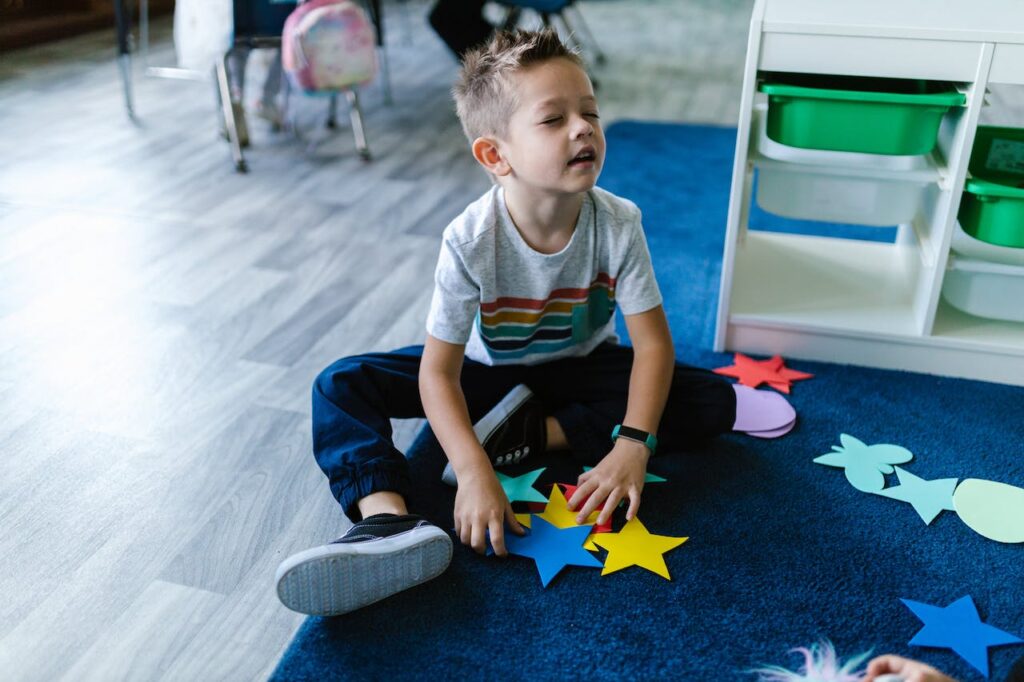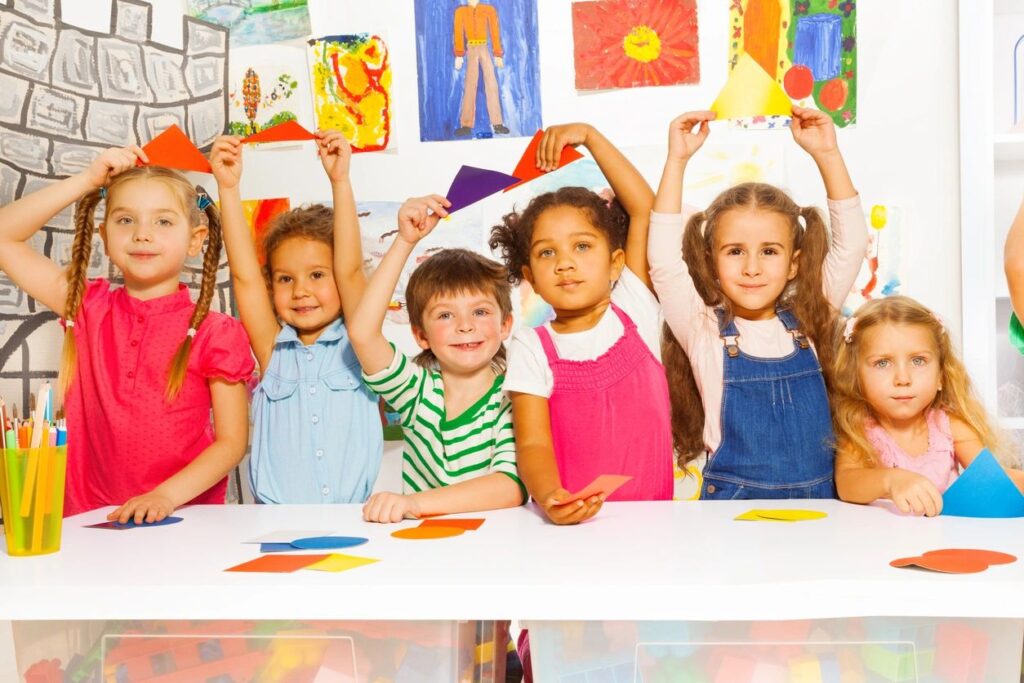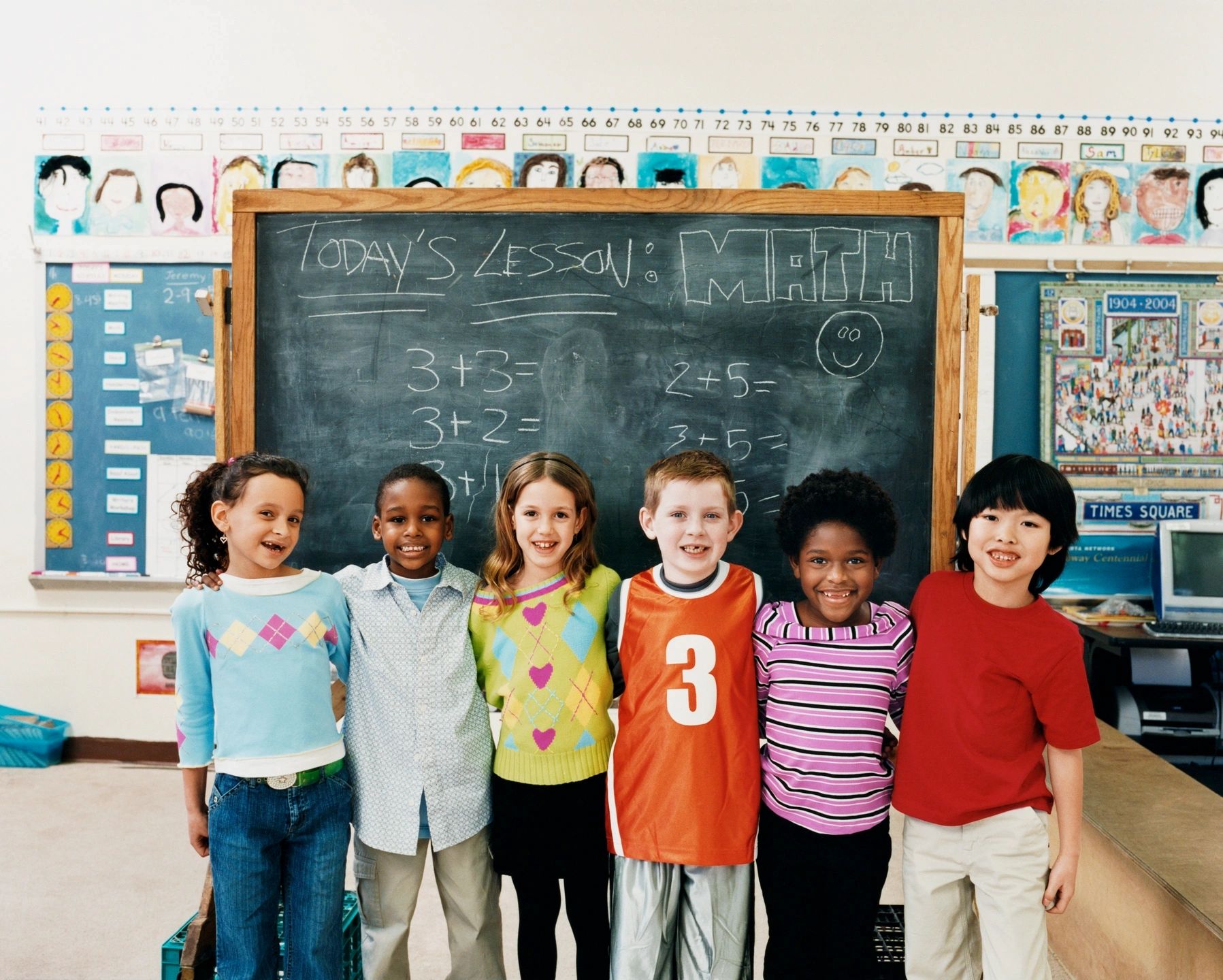Children are natural mathematicians who naturally bring their mathematical learning and their observations of the world to the classroom. Young children spontaneously explore and use mathematics in play and daily activities. Early Childhood Educators (ECEs) build and cultivate the natural wonder children bring to their learning and observations of the world. ECEs extend children’s mathematical sense and interest, strengthening children’s problem-solving and reasoning processes.
Many activities that occur organically in an EC classroom include math concepts and opportunities for mathematical thinking. Recall how often you sort, compare, and categorize. What makes the difference in children’s mathematical thinking is how you talk about these experiences and activities. Using math language builds positive attitudes toward math learning and problem-solving. Through math talk, we make the math that occurs in daily life visible to children. Each day offers us countless opportunities to help children deepen their understanding of math concepts. Include math talk as part of your classroom routine.

The language and words that we use matter. Here are some vocabulary words to include when you are talking to young children:
Sort
Compare
Join – Separate
Same – Different
Part – Whole
Empty – Full
Big – Small
Above – Below
More – Less
Shorter – Longer
Heavier – Lighter
Here are some open-ended questions to support mathematical thinking.
There are no wrong answers to these questions. The goal is to have conversations about what children observe and support their thinking and mathematical understanding.
• What will happen next?
• What will happen if you add?
• What will happen if you take away?
• Are these the same? Can you tell me more about that?
• Are they different? Can you tell me more about that?
• I wonder what would happen if?
As you create your typical lesson plans, consider how you might include these concepts in your conversations. Below are five basic math concepts and corresponding activities.
1. Number and Operations:
Count Everything! Objects, fingers, steps to the yard, children in the class, items in a bucket. Make numbers visible so children learn to identify and recognize them. Use buckets of colored numbers as part of typical sorting activities. Include books about numbers in your classroom library, such as Anno’s Counting Book, Inch by Inch, One Fox, Ten on a Twig, etc.,
2. Sort and Classify Everything:
Give children the opportunity to sort and classify objects. Let children choose how to sort, categorize, and explain their choices. They may surprise you and come up with an attribute that you did not think of.
3. Shapes and Spatial Relationships:
Have shape scavenger hunts where children search for objects in the classroom or outdoors that match specific shapes. Use building blocks or other construction materials to create structures using different shapes. Encourage children to create shapes with their bodies.
4. Measurement:
Use everyday objects like blocks or paper clips for measurement activities, helping children understand the concept of length. Incorporate measuring cups and spoons to introduce measurement concepts in cooking or baking activities.
5. Patterns, Relationships, and Change:
Sound Patterns- Have children identify and build onto hand clapping patterns, identify sound patterns in songs, and patterns in books you read that have recurring words and sentences. Visual patterns- in clothing (stripes, etc.) in their classroom. Nature Patterns-explore patterns in nature, like the arrangement of leaves on a tree or rocks on the ground.

Math talk enriches everyday learning experiences for young children. You’ll be surprised at how much they know and can learn. The more we talk about math, the better chance young children have to build a positive attitude toward math learning. Include math talk math as part of your classroom routine.
Let’s collaborate to enhance learning experiences for young minds. Connect with me for a journey of enriching early childhood education together.
Elevate your understanding of early childhood education and child development with my engaging preschool education workshops tailored for both teachers and parents. These workshops provide valuable insights, practical strategies, and effective tools to enhance your role in nurturing young minds. Whether you’re an educator or a parent, these sessions aim to empower you with the knowledge and skills essential for fostering a positive learning environment. Dive deeper into the world of preschool education and child development by exploring my workshop offerings. For more valuable content and updates, follow me on Instagram and connect with me on LinkedIn. #EarlyYearsConsult
#EarlyChildhoodEducation #ChildDevelopment #PreschoolWorkshops #EducatorServices #ParentingTips #LearnAndGrow

